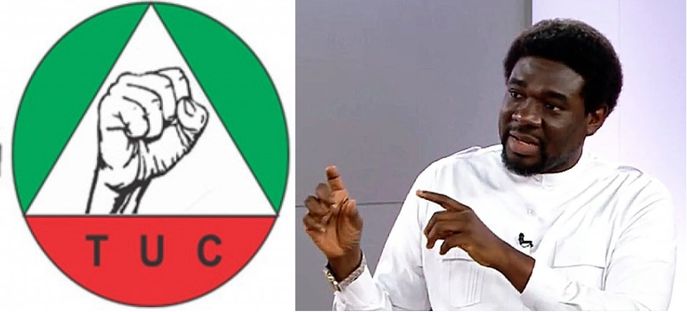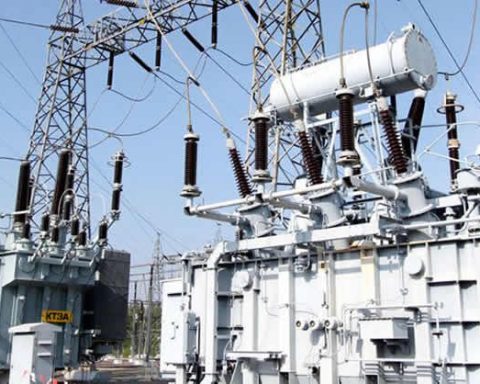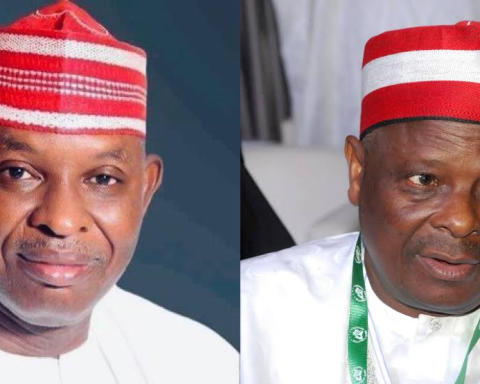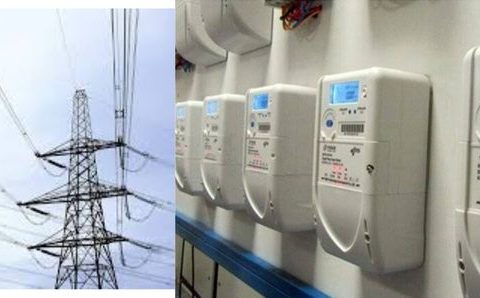The Trade Union Congress of Nigeria (TUC) has kicked against the 5 per cent surcharge on petroleum products proposed by the Nigerian government.
The union said Nigerians were already grappling with the effects of petrol subsidy removal, high food prices, and the exchange rate, stressing that the new fuel tax would impoverish them more.
Join our WhatsApp ChannelTUC stated this in a statement released Monday, signed by its president general, Festus Osifo and secretary general Nuhu Toro.
The union said: “Workers and citizens are still reeling from the pains of subsidy removal, skyrocketing fuel prices, food inflation, and a collapsing naira. To now introduce another levy on petroleum products is to deliberately compound suffering, cripple businesses, and push millions of citizens deeper into poverty.”
The union warned that the government cannot continue to use the people as “sacrificial lambs for its economic experiments.”
The group said the duty of the government is to create job opportunities, offer relief to vulnerable citizens and solutions to social and economic problems, not squeeze them with harsh policies. “This is unacceptable!” the trade union declared.
TUC threatened to mobilise Nigerian workers for a nationwide strike if the Federal Government failed to withdraw the proposed tax.
“Strike action is firmly on the table if the government dares to ignore this warning and go ahead to implement this policy,” TUC declared.
While urging its state councils and affiliates across the country to remain alert, the union also called on civil society organisations, professional bodies, student unions, market associations, and faith leaders to join the resistance.
READ ALSO: Taxation, Increased Revenues And the Limits of Fiscal Reforms
The proposed 5 per cent surcharge on petroleum products has generated nationwide reactions as various stakeholders, the Organised Private Sector (OPS), including groups like the Lagos Chamber of Commerce and Industry (LCCI) and the Association of Small Business Owners of Nigeria (ASBON) have opposed it. They argued that it would increase production costs, spur inflation, and create a greater burden for businesses and consumers.
The OPS and other stakeholders argued that the economy is too fragile for such a measure and that the government should prioritise stability and alternatives like renewable energy.
Government’s Position
The government, through the Presidential Fiscal Policy and Tax Reforms Committee, clarified that the 5 per cent surcharge is not new but was originally introduced under the Federal Roads Maintenance Agency (Amendment) Act of 2007. The provision was included in the new Nigeria Tax Administration Act for harmonization and transparency.
Reacting to the outrage sparked by the proposal, the chairman of the committee, Taiwo Oyedele, claimed that the surcharge is meant to create a dedicated fund for road maintenance and infrastructure development, mirroring practices in over 150 countries.
Oyedele said the implementation date has not been set, and the Finance Minister will decide when to enforce it, considering economic conditions in the country.
Potential Impacts of the Surcharge
If implemented, the tax would apply to petrol and diesel but would exempt cleaner alternatives like cooking gas, compressed natural gas, and renewable energy sources.
Stakeholders and business groups have warned that the surcharge could lead to higher transportation and production costs, increased prices of goods and services, including food.
Victor Ezeja is a passionate journalist with seven years of experience writing on economy, politics and energy. He holds a Master's degree in Mass Communication.














